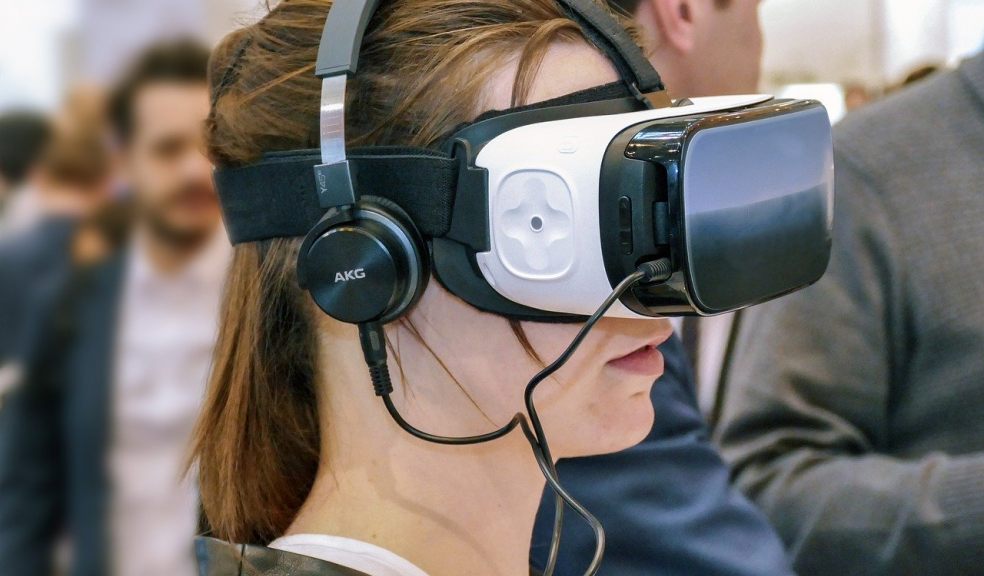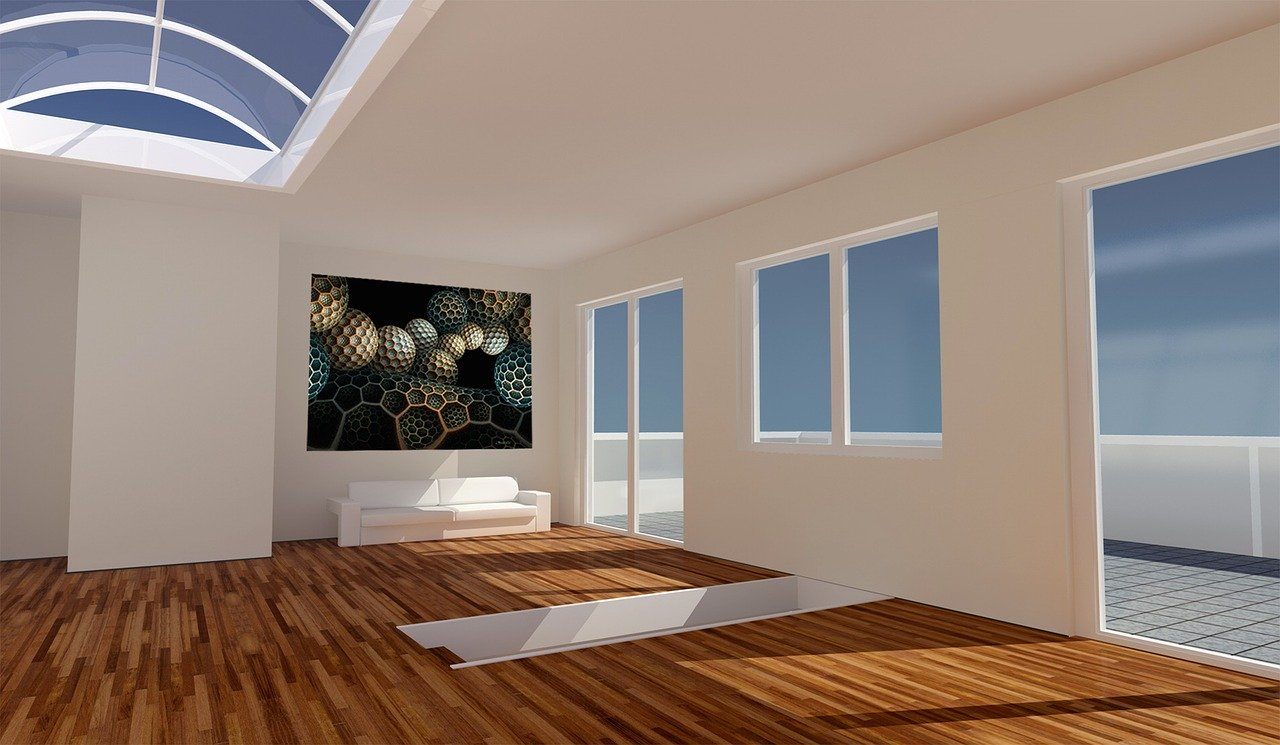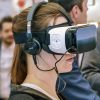
How VR Technologies Affect Our Lives: Four Spheres of Usage
Hundreds of years ago, everything that we call “modern technologies” today was perceived as magic. Nowadays, there is a world simulated by computer technologies, into which the user can immerse with the help of special devices. Today, the VR continues to evolve. So, let’s discuss the spheres where this technology is used.
1) Entertainment
There are no doubts that video games are a priority for VR technologies. Experts are sure that virtual reality will be used mainly by gamers who spend more than 15 hours a week playing games. According to Goldman Sachs, there are approximately 230 million consoles and 150 million PC players in the world, which make a huge target group for the developers. However, VR doesn’t end with simple gaming. It can be also used to achieve the effect of real presence at mass events (conferences, sports events, concerts, etc.), in filming (SLR app, HBO or Showtime TV series), and even in gambling.
2) Sales
Online sales make around 6% of total global trade. Many exclusive online stores are already preparing for the start of sales in virtual or augmented reality. More than 70% of Fortune100 and Interbrand100 companies have already used marketing solutions with virtual reality. VR solutions are already used in the sale of household goods, clothing, and cars:
- A large household chain Lowe has launched the Holoroom project. Customers can check the future design of the kitchen or bathroom thanks to VR technologies;
- Microsoft in the partnership with Volvo allowed customers to choose the right vehicle configuration with the help of HoloLens technology;
- Clothing stores will use dressing rooms equipped with VR or AR technologies so that customers can try on things without touching them.
3) Real Estate
VR technologies will attract buyers to the real estate sector. There are about 1.4 million real estate professionals in the world. The virtual viewing function combines business and entertainment opportunities:
- Realtors will attract potential customers with new technologies;
- Buyers will be able to independently study the real estate market.
It is expected that in 2020, revenues from the sale of real estate using virtual reality will increase to $750 million. In 2025, this amount will grow to $2.6 billion.

4) Education
Using virtual technologies, students of secondary and higher educational institutions will be able to interact with objects in virtual reality or participate in important historical events. In this regard, Google is promoting its free Cardboard project in schools. Besides, many medical educational institutions are interested in VR projects.
In 2020, the income from the sale of software for schools and universities is estimated at $300 million, and in 2025, it will increase to $700 million. According to some estimates, the education system will spend about five years for the purchase and integration of 8 million VR devices into the sphere.
Finally, there is no doubt that VR technologies are changing the world around us. The only question that remains is how quickly we will integrate them into our everyday lives.

















